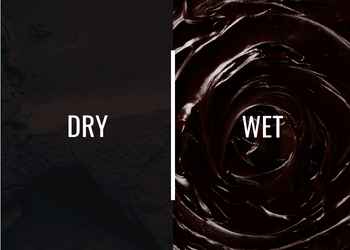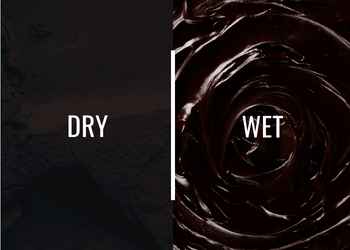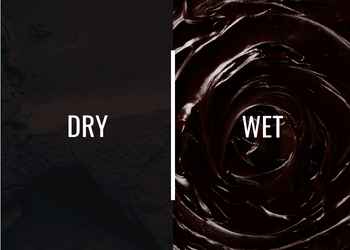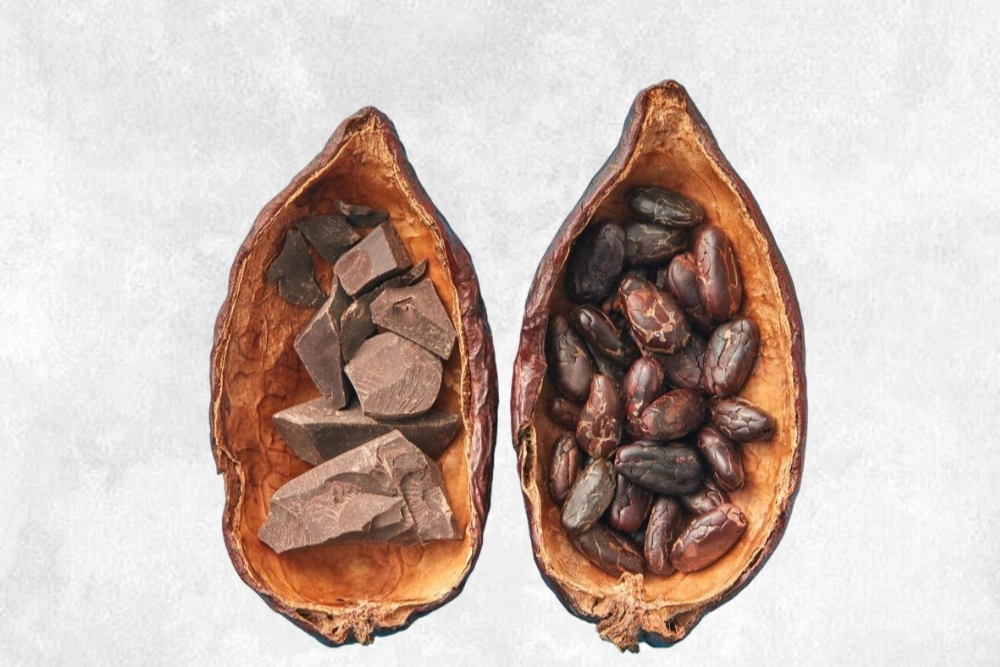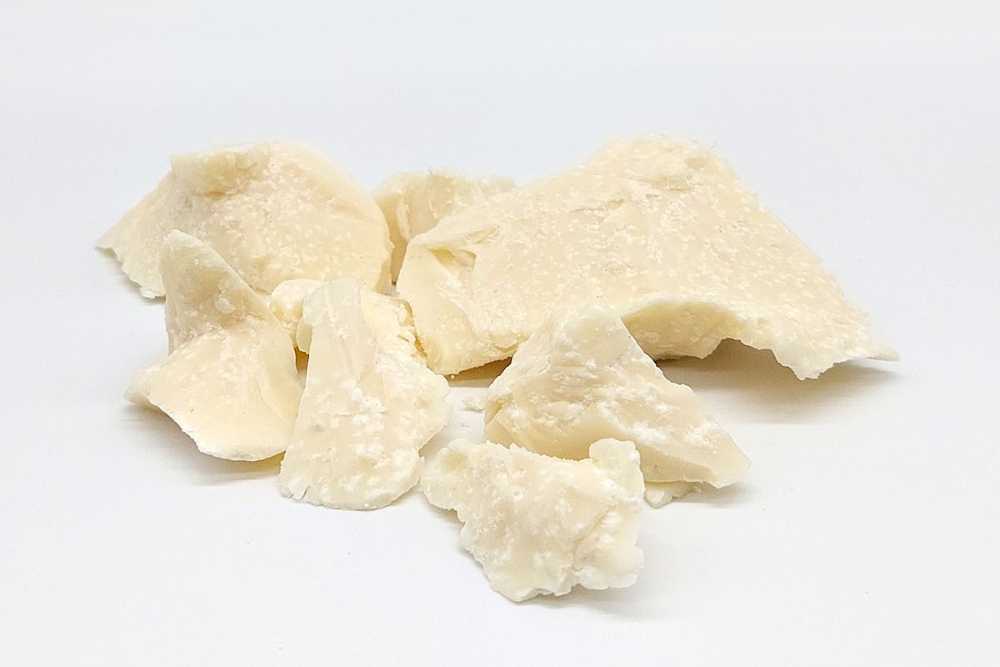Dark vs Natural Cocoa Powder - Which One Is Better for Your Product?
Dark Cocoa Powde(Alkalized)
Dark cocoa powder, also known as Hiag Alkaline cocoa, undergoes a controlled alkalization process to neutralize acidity and achieve a deep brown to nearly black color with a mellow, smooth taste.
This makes it ideal for industrial applications, including biscuits, confectionery coatings, beverages, and ready-to-mix products, where consistent color and mild flavor are key.
Due to its stable pH and reduced bitterness, dark cocoa powder performs better in complex formulations, providing a rich color tone and smoother texture.
From a technical standpoint, it offers excellent solubility and color stability, making it suitable for mass production and visual appeal in finished goods.
Natural Cocoa Powder
Natural cocoa powder is produced without any alkalization.
It retains its natural acidity, offering a lighter color and a sharper, more intense chocolate flavor.
This type of cocoa is ideal for artisan and home baking, or when you want a bright chocolate tone and a more authentic cocoa aroma.
Because of its natural acidity, it reacts well with baking soda in recipes, helping doughs and batters rise properly.
It’s also commonly used in organic and clean-label products, where minimal processing and natural ingredients are valued.
From a marketing perspective, natural cocoa powder is often associated with premium quality, health consciousness and authentic flavor, making it a preferred choice in health-oriented or gourmet products.
In the Dutching process, refined cocoa beans are reacted with alkaline solutions such as potassium or sodium carbonate.
This step reduces acidity, increases pH and creates a darker color with a milder flavor.
In fact, it is this scientific process that forms the main difference between dark and natural powders and determines which products each is more suitable for.
Therefore, the choice of cocoa powder type should be made based on the composition of the formulation, pH level, desired final color and sensory characteristics of the product so that the final output is consistent and predictable, both in terms of technical quality and consumer experience.
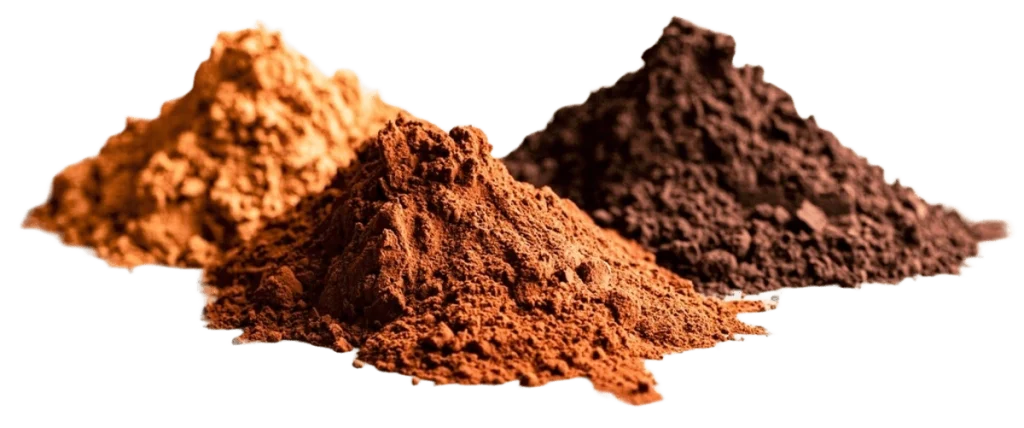
Unlock the Science of Dutching: Why Alkalized Cocoa Performs Better ?
Unlock the Science of Dutching: Why Alkalized Cocoa Performs Better ?
Dutching is a process that uses alkaline solutions to refine the structure of cocoa, enhancing its flavor, colorand overall stability.See how Alkalization elevates cocoa taste and consistency.
- Related Articles
The Role of Roasting in Cocoa Color and Flavor
One of the key stages in cocoa powder production is roasting. During this step, heat triggers chemical reactions that deepen the cocoa’s color and intensify its flavor.
If not carefully controlled, over-roasting can lead to bitterness, while optimal roasting enhances both color richness and flavor complexity; resulting in a balanced, stable-tasting cocoa powder.
The Effect of Cocoa Powder pH on Shelf Life of Cake and Product Stability
According to our experts, the pH level of cocoa powder plays a crucial role in preserving baked goods, preventing microbial growth, and maintaining texture and color stability.
Alkalized cocoa powders (with higher pH) generally help extend shelf life by creating an environment that is less favorable for microbial activity, while also improving the product’s overall consistency and freshness.
However, excessive alkalization can negatively impact taste, aroma, and nutrient quality, so pH control is essential during formulation.

Factors affecting the color, taste and stability of powder :
The color and flavor of cocoa powder are not determined by its type alone. They result from a complex series of physical and chemical reactions that occur throughout the production process ( from alkalization to roasting ) each stage shaping the final appearance and taste.
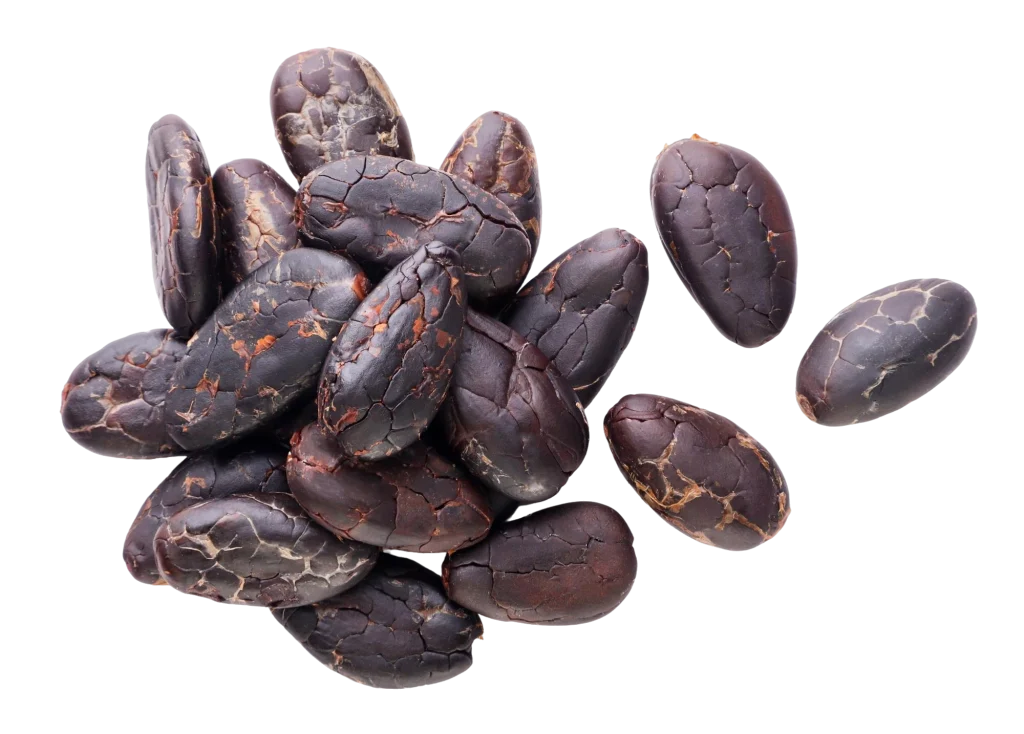
Cocoa Roasting: The Art of Heat and Time That Defines Your Brand’s Signature Flavor
Optimizing roasting temperature and time can determine the flavor stability, processing yield, and market acceptance of cocoa on an industrial scale.
- Related Articles

Does the ash in EBONY cocoa powder cause an undesirable aftertaste in the final product?
No, the ash content in EBONY cocoa powder does not lead to any unpleasant aftertaste in the final product. Despite being highly alkalized, its ash level remains within standard limits. Moreover, thanks to its intense coloring power, only a small amount is required in formulations.
As a result, it not only imparts a rich, desirable color but also leaves no trace of undesirable ash flavor or odor in the final product.

What is the effect of temperature and baking time on the color stability of EBONY cocoa powder?
The deep black color of EBONY cocoa powder is highly stable in the industrial baking process and maintains its dark and uniform appearance in the final product.
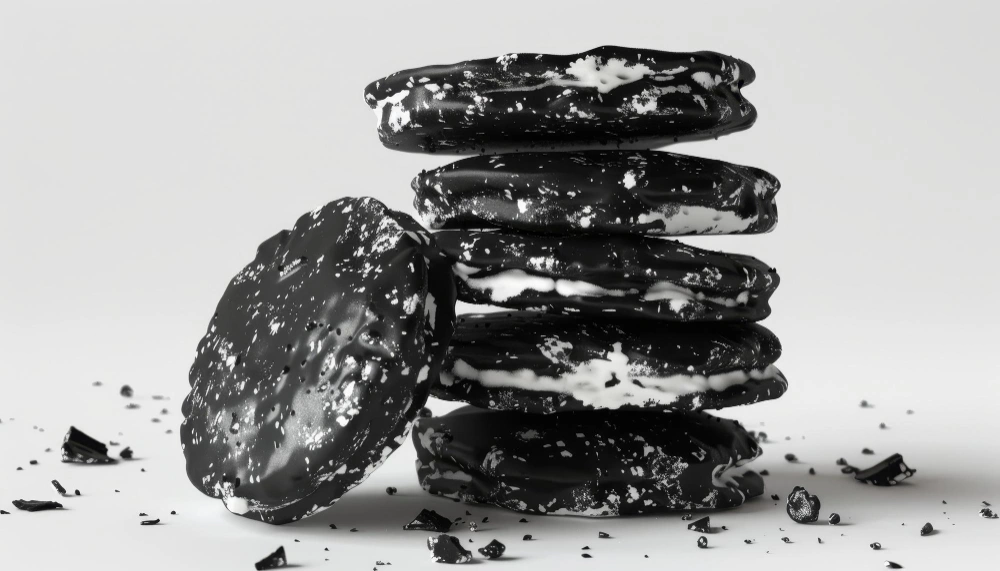
Why Is Bensdorp Ebony the First Choice of Leading Brands?
Bensdorp Ebony cocoa powder is not just a brand name; it’s a global benchmark for color intensity, flavor depth and consistent quality in professional chocolate and bakery applications.
World-renowned brands such as Mondelez and other major confectionery producers choose this powder for its exceptional performance, natural flavor balance and sensory value.
Through precise formulation and a well-controlled alkalization process, Ebony delivers a rich, smooth cocoa taste while maintaining excellent color stability and shelf life.
Its balanced composition ensures reliable results in every batch, helping manufacturers maintain consumer trust and product consistency at scale.
In the bakery and confectionery industry, Bensdorp Ebony is valued for its deep black hue, moisture stability and full-bodied flavor, making it the perfect choice for applications such as premium cakes, cookies, and dark chocolate fillings.
4 Key Benefits of BENSDORP EBONY
Ultra-dark distinctive color
Ebony cocoa powder undergoes an intense alkalization process, resulting in an exceptionally dark, almost black color. This gives products a bold and luxurious appearance perfect for premium dark cookies, artisanal biscuits, specialty ice creams, and gourmet desserts.
Mild Flavor with Minimal Bitterness
Despite its dark color, it has a mild flavor with no dominant bitterness. This makes it ideal for adding deep color and a rich appearance to formulations without negatively affecting the overall taste profile.
Suitable for a wide range of applications
EBONY can be used across a wide range of applications without requiring significant changes to your original formulation, including:
Cookies
Industrial breads, brownies and cakes
Biscuits
Chocolate-based ice creams and gelatos
Instant beverage powders
Compliant with Global Standards
BENSDORP EBONY cocoa powder is produced in accordance with stringent international requirements. This compliance ensures that the product is not only reliable in terms of quality and safety, but also meets global expectations for sustainability and full traceability across the supply chain.
The meticulous process from bean to powder is what has transformed Bensdorp from a single brand into a global benchmark for color and flavor excellence in chocolate production.

